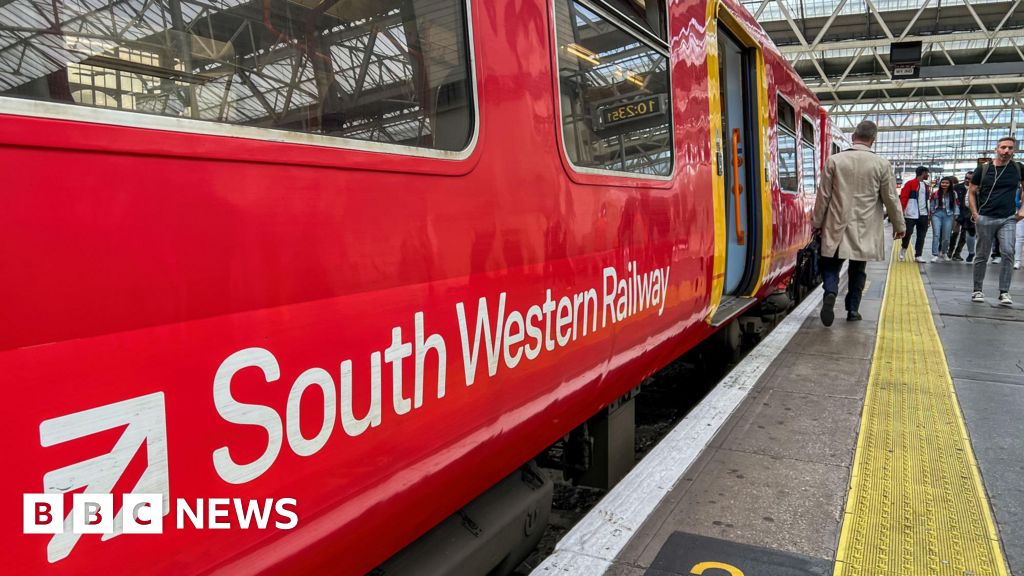Chinese fast fashion giant Shein says it found two cases of child labour in its supply chain last year as it tightens scrutiny of the companies that make the clothes it sells.
The firm says it temporarily suspended orders from the suppliers involved and did not resume business with them until they had stepped up efforts to tackle the issue.
The revelation in Shein's 2023 sustainability report comes as it is understood to be planning to sell shares on the stock market.
The company has been criticised for the conditions faced by workers at factories in its supply chain.
"Both cases were resolved swiftly, with remediation steps including terminating contracts with underage employees, ensuring the payment of any outstanding wages, arranging medical checkups and facilitating repatriation to parents/legal guardians as needed," Shein said.
"Following appropriate remediation, the contract manufacturers were permitted to resume business."
Shein said it has now tightened its supplier policies. Under the new rules, any child labour or forced labour violations have become grounds for immediate termination of contracts.
The firm said the two cases were uncovered during the first nine months of 2023 and none were found in the last quarter of the year.
It comes as the company lays the groundwork for a potential sale of shares on the stock market.
The BBC understands that Shein filed initial documents for a London listing earlier this year.
In June, Marco Rubio, a leading Republican on the US Senate Intelligence Committee, and an ally of Donald Trump, wrote to then-UK Chancellor Jeremy Hunt warning him about "grave ethics concerns" and Shein’s "deep ties to the People’s Republic of China".
“Slave labour, sweat shops, and trade tricks are the dirty secrets behind Shein’s success,” Mr Rubio wrote in his letter to Mr Hunt.
At the time, a spokesperson for the company said: "Shein has a zero-tolerance policy for forced labour and we are committed to respecting human rights. We take visibility across our entire supply chain seriously and we require our contract manufacturers to only source cotton from approved regions."
That was just weeks after a report released by Swiss advocacy group Public Eye said excessive overtime was still common for many workers in Shein's supply chain.
In response to the report, Shein told the BBC it was "working hard" to address the matters raised by Public Eye and had made "significant progress on enhancing conditions".

 Movie
Movie 3 months ago
46
3 months ago
46 




![Presidents Day Weekend Car Sales [2021 Edition] Presidents Day Weekend Car Sales [2021 Edition]](https://www.findthebestcarprice.com/wp-content/uploads/Presidents-Day-Weekend-car-sales.jpg)



 English (United States)
English (United States)